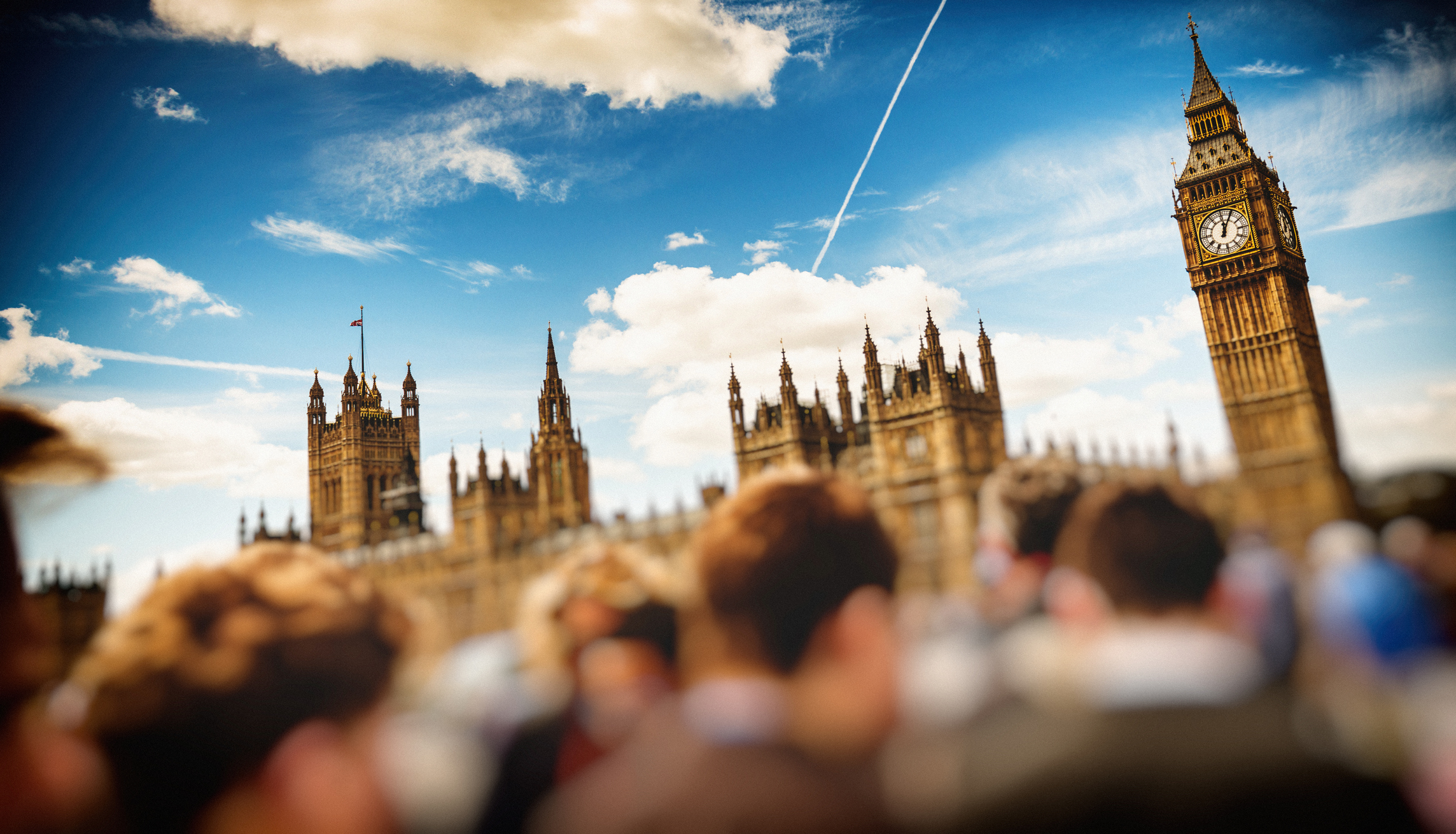No shouting, an orderly queue of speakers, precise questions with little rhetorical bluster: what’s not to like about the virtual parliament? Well, a lot, actually.
Some have heralded the first online parliament as the moment a dusty institution connected to the twenty-first century. But while the experiment has been an administrative triumph so far, we must be wary of accepting online voting or virtual debates as ‘the new normal’.
It’s not hard to imagine how the argument will run; indeed the SNP’s Angus MacNeil has already begun to make the case: debating and voting online is more civil; it’s cheaper since MPs don’t have to travel from their constituency so much; and what’s more, reduced transport means it’s better for the environment.
These arguments must be resisted – not only on technical grounds, but for the sake of the quality of our democracy, which has a functioning, in-person parliament at its heart.
But first to those technical problems. Take online voting. Most obviously, there is an immediate epistemic concern that arises when votes are taken from behind a screen – how do we know who has pressed the button? It’s easy to envisage a situation where a busy MP is tempted to instruct an aide to perform the duty. A minor concern? Perhaps, but constitutionally seismic – particularly if something goes wrong. Then there’s the small question of securing the tech, staying one step ahead of those that would wish to hack or compromise it. Government by Zoom was quickly adopted, only to have the tech exposed as far from secure. To upload our democracy online in an era of growing cyberwarfare would be to voluntarily create a weakness in our armour, a route by which to target us – not to mention a system conspiracists would weaponise to cast doubt over the legitimacy of the democratic decisions parliament takes.
What’s more, while moving away from ‘stuffy’ Westminster towards the glittering promise of digital technology will likely be framed as a progressive move, ironically it risks being just the opposite, entrenching regional inequalities rather than alleviating them. By hosting debates and votes online, an immense trust is placed in the quality of an internet connection. And, as we’ve already seen from some juddery select committee hearings and debate no-shows, internet provision differs vastly across the country. For example, North Herefordshire has half the average download speed of Islington North, with 31% of the constituency unable to access ‘decent broadband’ according to Ofcom, compared to 13% in the London seat.
A crackly connection might not seem like a constitutional problem, but by allowing the voters of Islington North a better – or at least fuller, clearer – hearing than those of North Herefordshire, we risk privileging the voice of one constituency over another, skewing the system towards those urban places with greater digital infrastructure and exacerbating divides the government is trying to close. The quality of our democracy would suffer as a result.
But even if we assume that a perfectly fail-safe, secure, glitch-free system was eventually built, supported by super-fast broadband across every constituency – the case for a virtual parliament would still be shaky.
One of the ripest political clichés of recent years is that ‘place matters’. But the place that arguably matters most in our national life is often misunderstood.
While parliament can feel stuffy, anachronistic and frankly juvenile at times, there is much to be said for the importance of its theatrical design. For no matter how many times Keir Starmer is described as ‘forensic’, the House of Commons is not a courtroom but a debating chamber, whose cramped, atmospheric layout gives the space an intimacy and intensity which aids its democratic function. And, as we stare up MPs’ pixelated nostrils and struggle through awkward pauses and stuttered starts, that intensity, that sense of theatre has been lost – and with it part of how our democracy works.
Power is a slippery thing. In parliamentary terms it can be expressed by a number – your majority – but that measure fails to take account of the way in which a government or minister’s influence can swell or slip away over the course of a debate. For example, the atmosphere in the chamber at PMQ’s is often a good yardstick of a leader’s standing with their own MPs (whom they rely on for office), as well as an indicator of where a party’s weak spots lie. So the disrupted rhythm of a virtual parliament not only makes free-flowing debate and penetrating, well-timed interventions much harder, it strips the chamber of its proper, dramatic function, for the weight of words is measured by the context in which they are delivered.
Take the colossal, historic clash in the Budget Debate of 1852. There, as the clock passed 11pm, a sickly, slightly drunken Chancellor Benjamin Disraeli stood at the dispatch box before a packed House and fought desperately for his political life. Over the course of two hours, his voice rising above the cracks of a fierce thunderstorm, Disraeli apparently carried the motion – until a lone private member, one William Gladstone, rose to his feet at 1am and faced a raucous parliament. Quivering with righteous anger he proceeded to wrench the House from its new infatuation, landing blow after blow on Disraeli’s defences until they crumbled in the dawn light. The Government lost the debate and fell. Gladstone was installed as Chancellor. Would any of this have been possible via Zoom? I doubt it.
And although the centrality of Parliament to political life has decreased since the nineteenth century, the rhythm of parliamentary debate, staged publicly, can still see the dynamic shift back and forth, power ebb and flow as, for example, in the dramatic 2013 Syria debate.
So, while there is little doubt a temporary migration online has been necessary given the circumstances, a virtual parliament – for all the glints of modernity – could pose real problems in the future.
